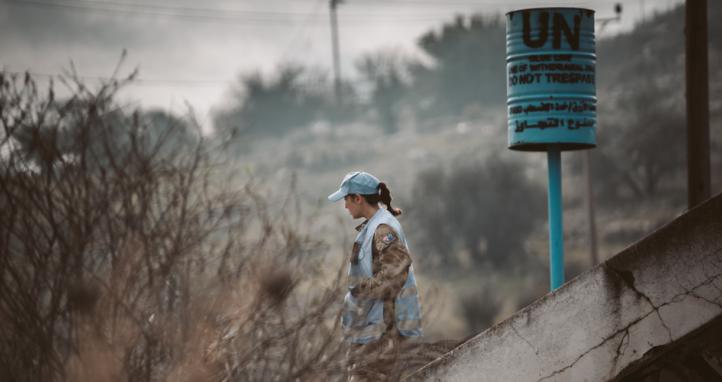September 2023 will mark not only the 76th anniversary of Australia’s first United Nations (UN) peacekeeping mission, but the anniversary of the very first group of UN military observers anywhere in the world (DPN link). Four officers were deployed to the Dutch East Indies in 1947 and were the first into the field. This group of observers was formed approximately eight months before the first official UN peacekeeping mission, which was established in May 1948 to maintain the ceasefire following the 1948 Arab-Israeli War.
In the 75 years since these auspicious beginnings, Australia has supplied thousands of ADF personnel to over 30 peacekeeping missions, including most notably in Timor Leste, but also in geographical locations as far-flung as Cambodia, Namibia, Solomon Islands, and Somalia. However, in the current day and age, the number of ADF personnel deployed on peacekeeping missions is limited.
According to the official Defence website, the list of UN peacekeeping operations the ADF and the number of personnel deployed are:
- Operation Paladin – Israel/Jordan/Lebanon, Syria/Egypt. UN Truce Supervision Organisation (UNTSO):12 personnel.
- Operation Orenda – United Nations Multidimensional Integrated Stabilisation Mission (MUNUSMA) – Mali: One person.
- Operation Linesmen – Inter Korea Peace process, United Nations Command: Three personnel.
- Operation Aslan – South Sudan, UN Mission in South Sudan (UNMISS): Up to 20 personnel.
The total number of ADF members deployed on these four operations is up to 34 personnel.
Other multinational missions Australia is engaged in include:
- Operation Mazurka – Sinai Egypt, Multinational Force and Observers: Up to 27 personnel.
- Operation Steadfast – Iraq. NATO mission: Two personnel.
- Operation Manitou – Middle East, Combined Maritime Forces (CMF). Five personnel.
The total number of ADF members deployed on these three multinational missions is also up to 34, and combined with the UN missions these account for a total of up to 68 personnel across seven operations.
This decreased dedication of resources to multinational missions is not by accident, as it has been made with a certain interpretation of the national interest. I contend that there are many reasons for it to be increased, as participation in ‘Defence Diplomacy’ provides Defence with an opportunity to serve the national interest, maintain its skillset, and increase its international standing.
The Department of Foreign Affairs and Trade (DFAT), the Department responsible for implementing foreign policy and relations would mitigate the reduced UN footprint by Defence, but it has been slowly experiencing death by a thousand cuts for several decades.
Participating in multinational missions provides Australia the opportunity to exercise soft power on influential stakeholders from other countries. This soft power exchange is a two-way street, as Defence personnel would be exposed to different cultural ideals, exchange understanding, increase operability between militaries, and the opportunity to expand our capabilities, whilst exercising potential contingencies.
This engagement would build dialogue that may facilitate further communication and, during a crisis, avoid confusion between cultures. In short, diplomacy.
Australia is a middle power. Middle powers are a diverse group of states that are neither ‘great’, nor failing, but which occupy a conceptual territory between these extremes, and which are taken to have broadly similar material attributes. Working through multilateral frameworks allows middle powers to amplify their power in the international arena as they pursue their national interests.
This is because in theory, all nations are equal in a multilateral environment. This equality ensures the influence of middle powers such as Australia is magnified, and the influence of greater powers is diluted. Even if the reality on the ground can be somewhat different, greater powers are still forced to constrain their ambitions, acknowledge the interests of multiple stakeholders, and are placed under pressure to conform to majority opinion in a multilateral environment as the system depends on the will of other states.
Participation in multilateral missions will give Australia ‘currency’ and provide ears willing to listen in the halls of power in organisations such as the UN.
Lastly, ‘idle hands are the devil's plaything’. We are currently experiencing a ‘lull in the battle’ as a peacetime Army in a post Global War on Terror world, where Defence operated at a very high tempo across the world.
Deploying in the pressures of an operational environment will help Defence train, refine, and maintain corporate knowledge while keeping all ranks ‘switched on’ during in a low tempo environment. This training in an operational setting will assist Defence if we were to move into another high tempo environment in the future. It may also assist in the retention issue currently being faced by Defence, by providing an immediate purpose for members to aim for.









